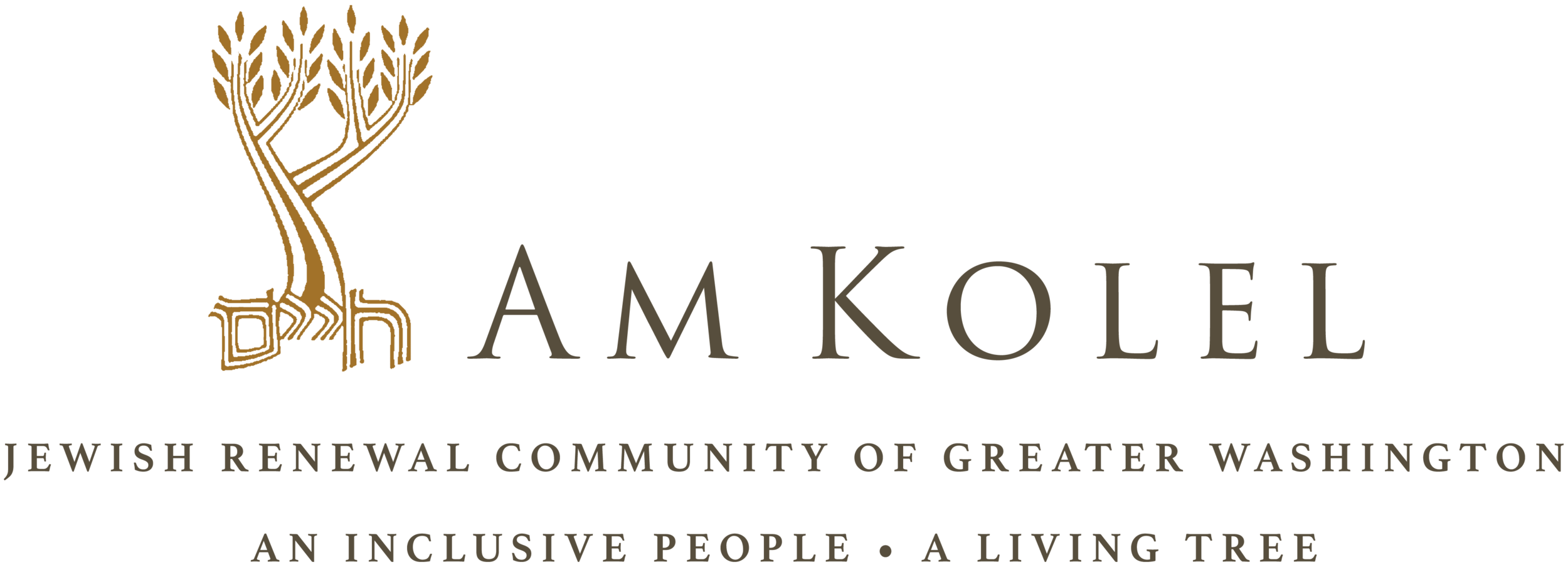This week's Parsha, Shlach, is about the return of the descendants of Abraham and Sarah to the Land of Canaan, the Land of Israel.
This week's Parsha, Shlach, is about the return of the descendants of Abraham and Sarah to the Land of Canaan, the Land of Israel. The people, gathered in the Sinai, are ready to embark on the journey of Return according to the biblical narrative.
Moses, wisely, sends twelve scouts to survey the land and the peoples there. The great majority of the scouts report back about the fertility of the land, “a land flowing with milk and honey,” but, the people of the land are giant-like and powerful.
Returning to a “Homeland” is not an easy thing. The suffering and oppression of the Jews of Europe, particularly, Eastern Europe, as the result of antisemitism and pogroms, then the Holocaust, is well known by many Jews, but, sadly, is not known by most young Jews and, certainly, most non Jews. The Return to the Promised Land, laid out in the vision of political Zionism in the late 1800’s, is at the heart of many of our problems today. The political Zionists represented in the circle of Theodore Herzl espoused a vision that had little regard for those already living in Palestine. But there were Zionists, like Ahad HaAm and Martin Buber who had a different understanding, one rooted in Torah teachings and prophetic values.
Ahad HaAm, “One of the People,” born Asher Zvi Hirsch Ginsberg, was born in the Ukraine. Interestingly, his wife, Rivka, was a Schneerson from the Lubavitcher rebbes lineage. Ahad HaAm was a prophetic voice then, and now.
In his book Wrestling with Zion, he urged the Jews
"not to provoke the anger of the native people by doing them wrong...we should be cautious in our dealings with a foreign people among whom we returned to live, to handle these people with love and respect and, needless to say, with justice and good judgment. And what do our brothers do? Exactly the opposite! They were slaves in their Diasporas, and suddenly they find themselves with unlimited freedom, wild freedom that only a country like Turkey [the Ottoman Empire] can offer. This sudden change has planted despotic tendencies in their hearts, as always happens to former slaves ['eved ki yimlokh – when a slave becomes king – Proverbs 30:22]. They deal with the Arabs with hostility and cruelty, trespass unjustly, beat them shamefully for no sufficient reason, and even boast about their actions. There is no one to stop the flood and put an end to this despicable and dangerous tendency. Our brothers indeed were right when they said that the Arab only respects he who exhibits bravery and courage. But when these people feel that the law is on their rival's side and, even more so, if they are right to think their rival's actions are unjust and oppressive, then, even if they are silent and endlessly reserved, they keep their anger in their hearts. And these people will be revengeful like no other.”
In order for two peoples to live in peace on the Land, we need to know our history, our struggles and our aspirations, of both Jews and Palestinians, those living in the Land and those in the Diaspora.
Over the summer months I hope to offer opportunities to deepen our awareness of our history.
This month is the holy month of our June Appeal. Twice a year we invite our members, friends and readers to support our work. The Annual Report is on our website and can be found below. We can only exist and amplify our voices for peace and justice with your commitment and financial support.
As the pandemic lifts locally, we are seeing more and more interest in using Sanctuary. If you are in the area, please come for a visit and a schmooze over some ice tea or a beer!
L’Shalom,
Reb David
